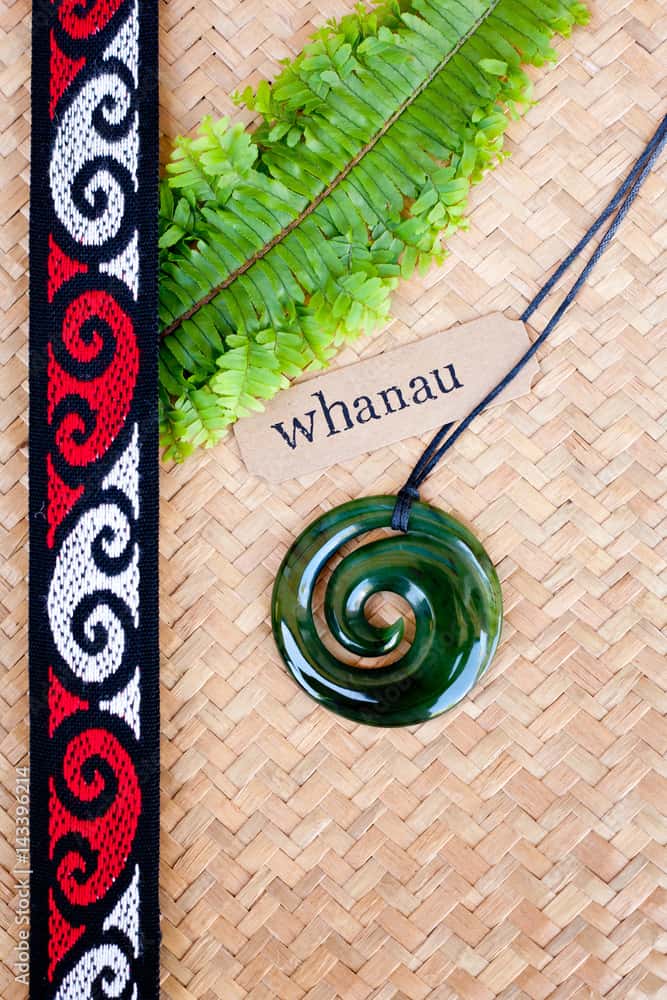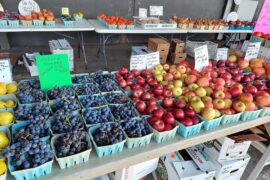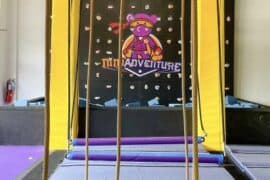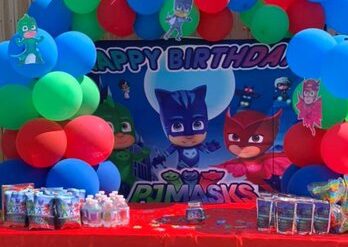Embracing Whanau: The Maori Concept of Family
Welcome, parents far and wide, to a heart-warming journey into the Maori world of family – or as it’s beautifully referred to in Maori culture, whanau. As you navigate the parenting path, understanding the profound and enriching concepts from different cultures can beautifully shape and support your family’s growth. In our cozy little guide, we’ll dive into the essence of what whanau means, offering you a treasure trove of insights and practices that you can embrace within your own circle. Let’s get started!
Understanding Whanau: More Than Just Relatives
The word whanau represents the Maori view of family, which encompasses not just the immediate family but an extended sense of kinship. This holistic view includes physical, spiritual, and community bonds that nurture and sustain individuals throughout their lives. Here, you’ll discover how these bonds are celebrated and the impact it has on the development and well-being of children.
Origins and Significance of Whanau in Maori Culture
Embark on a captivating journey through history to uncover the origins of the term whanau and its significance within Maori society. From the traditional Maori perspective, family is the core unit of society. It is a source of strength, support, education, and communal responsibility. We’ll explore the profound way in which Maori culture embraces interdependence and collective upbringing of children.
Extended Family & Community Involvement
In the Maori worldview, the idea of family stretches beyond the nuclear unit. Elders, cousins, and even close family friends can all be considered part of one’s whanau. Dive into the respectful, reciprocal relationships fostered between family members and how these connections contribute to a supportive environment for nurturing resilience and identity in children.
Values Embodied in Whanau
The values intrinsic to the Maori concept of whanau are both universal and unique. Concepts such as manaakitanga (caring for others), kotahitanga (unity), and whanaungatanga (relationship, kinship) are central to understanding the depth of the Maori family structure. By incorporating these values into your parenting style, you can cultivate a rich sense of belonging and community for your children.
Lessons from Whanau for Modern Parenting
The ancient wisdom of the Maori way can provide fresh perspectives on modern parenting. In this section, we’ll outline practical ways in which the principles of whanau can be adapted to contemporary family life. Whether it’s through the communal raising of children, shared responsibilities, or fostering strong, meaningful relationships, these lessons are invaluable in today’s fast-paced world.
Whanau and Child Development
Ample research underscores the benefits of a communal approach to raising children. Learn how the principles of whanau can help promote healthier social, emotional, and cognitive development in kids. By creating a supportive network, children are provided with a diverse range of role models and experiences, enriching their personal development and cultural understanding.
Integrating Whanau Principles into Daily Life
How can you weave the spirit of whanau into your everyday life? We’ve compiled an assortment of activities, rituals, and family traditions that reflect Maori values. From shared meal preparation to storytelling and community engagement, these practices can help bring the essence of whanau into your home, fostering a nurturing and inclusive environment for everyone.
This is only the beginning of our exploration into the beautiful world of the Maori concept of family. Throughout this guide, you’ll gain a deeper understanding and appreciation for whanau and how it can transform the way you view and approach family life. Stay tuned as we continue to unravel this fascinating topic, full of cultural richness and heartfelt connections. Embracing and understanding whanau will not only strengthen your family’s bond but also enrich your collective journey with the warmth and wisdom of Maori culture.

5 Things Parents Should Know in Preparing for the Maori Concept of Family
- Embrace the Broader Notion of Kinship: Prepare to broaden your perspective of what constitutes ‘family.’ Whanau extends beyond biological ties to include extended family and community members who play a significant role in your child’s life. Encourage these bonds to flourish, as they will support your child’s development in unique and meaningful ways.
- Understand and Share Maori Values: Familiarize yourself with the core Maori values such as manaakitanga, kotahitanga, and whanaungatanga. Translate these values into everyday practices with your children, reinforcing the importance of caring, unity, and kinship in your family’s interactions.
- Involve Elders and Encourage Stories: Maori culture places great importance on the wisdom of elders and the sharing of stories. Incorporate this practice by inviting grandparents or elder relatives to share stories and life lessons, fostering a sense of heritage and belonging within your whanau.
- Participate in Community Activities: As a parent, seek out or create community events that align with the Maori spirit of family. This could include neighborhood gatherings, cultural celebrations, or volunteer work, all of which embody the communal aspect of whanau and enrich your family’s social network.
- Promote the Maori Language: The Maori language, te reo, is an integral part of Maori identity and culture. Introducing and using Maori phrases and words related to family within your home can be a powerful way to connect with the Maori concept of whanau. Even simple terms like “kia ora” (hello) or “ka kite” (see you) can make a difference.
Celebrating Cultural Diversity within Whanau
As you immerse in the Maori worldview, acknowledge and celebrate the unique cultural heritage present within your own family. Provide an environment where children are encouraged to learn about different cultures, starting with the rich Maori tradition. Respecting cultural diversity not only expands your children’s horizons but also grounds them in the understanding of their own family’s multicultural whanau.
Intentional Parenting with Whanau in Mind
It’s about intention – the conscious decision to integrate the values and practices of whanau into your family’s life requires thoughtful parenting. Reflect on the decisions you make and the lessons you teach, ensuring they align with the nurturing and interconnected spirit of whanau. Over time, you’ll find that these principles deeply enrich the fabric of your household, promoting love, respect, and a shared sense of identity among all family members.
Adapting Rituals and Traditions for Your Family
Integrating Maori-inspired rituals and traditions into your family life doesn’t mean you have to completely change your existing practices. It’s about blending and adapting. Honor your family’s unique background while drawing inspiration from Maori traditions to create rituals that have personal and cultural relevance to your whanau.
Finally, remember that parenting is a journey, and incorporating the Maori concept of whanau is a pathway filled with learning, growth, and community. With each step, embrace the moments you have with your family and the wider community, celebrating the shared human experience that binds us all together as one big, beautiful whanau.




